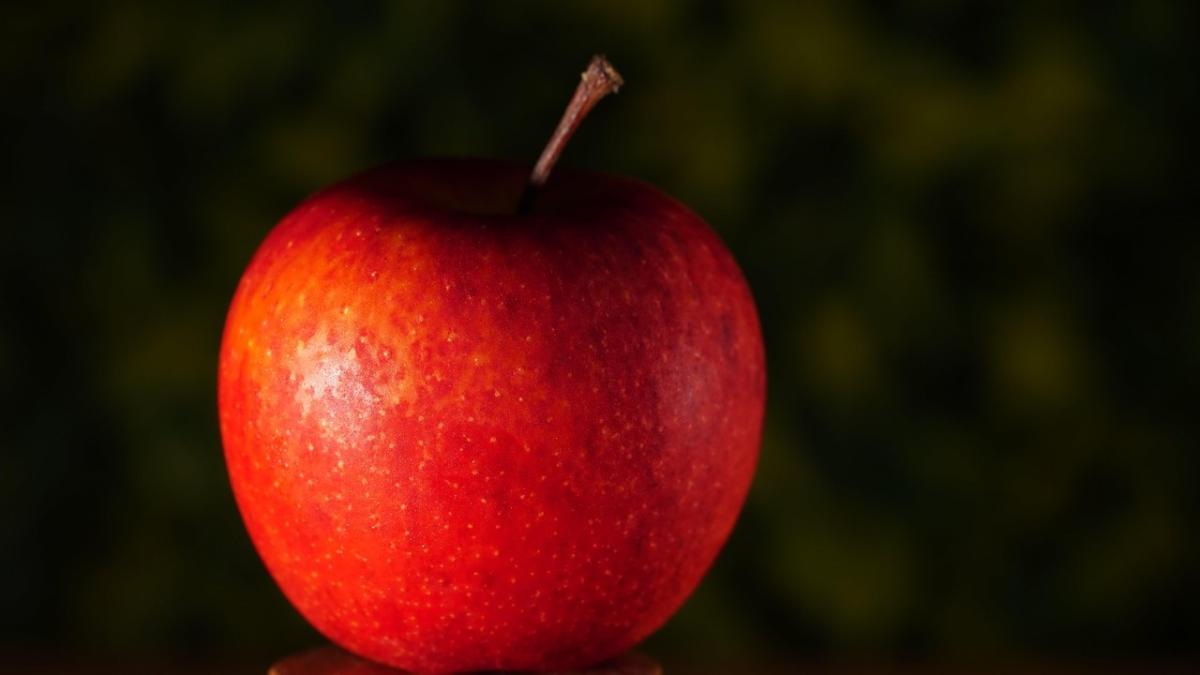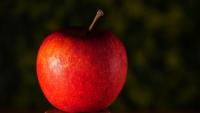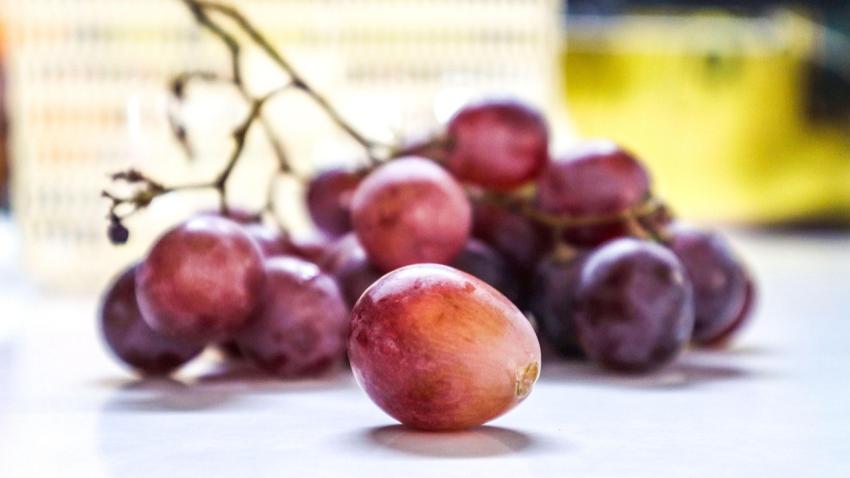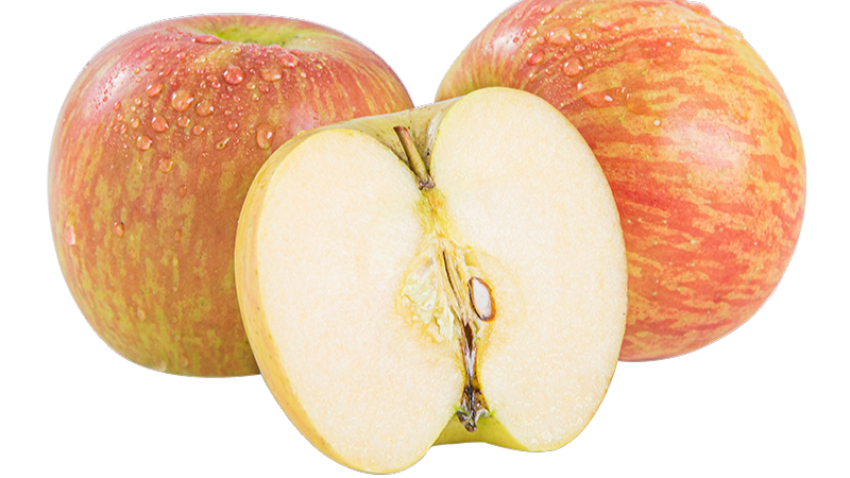You are here
Back to topDutch Apples Granted China Market Access

On May 22, the General Administration of Customs of China announced via its website that fresh Dutch apples meeting the stipulated phytosanitary requirements would be permissible for import into China.
According to a report released by the U.S. Department of Agriculture’s Foreign Agricultural Service, apple cultivation in the Netherlands has been steadily declining, shrinking from 15,000 hectares 26 years ago to 5,220 hectares in 2024. In 2024, the country’s annual apple production was approximately 197,000 metric tons, with the Elstar variety accounting for about 43% (84,000 metric tons). This was followed by Jonagold and Jonagored varieties (45,000 metric tons), Kanzi (15,000 metric tons), and Rode Boskoop (9,000 metric tons). Approximately 85% to 90% of Dutch apple production is consumed domestically, with only a small proportion exported.
The GACC announcement specifies that, prior to each export season, the National Plant Protection Organization of the Netherlands must submit an updated list of registered orchards and packaging facilities to the GACC. Following review and approval, the list will be published on the GACC website.
China has identified a total of 20 quarantine pests of concern. These include the large fruit-tree tortrix (Archips podana), codling moth (Cydia pomonella), pear oystershell scale (Diaspidiotus pyri), rosy apple aphid (Dysaphis plantaginea), European pear scale (Epidiaspis leperii), wooly apple aphid (Eriosoma lanigerum), European apple sawfly (Hoplocampa testudinea), apple mussel scale (Lepidosaphes ulmi), apple-grass aphid (Rhopalosiphum insertum), apple fruit weevil (Rhynchites aequatus), pear thrip (Taeniothrips inconsequens), fire blight (Erwinia amylovora), apple scab fungus (Venturia inaequalis) and seven other plant pathogens (Monilinia fructigena, Monilinia laxa, Neofabraea alba, Neofabraea malicorticis, Neofabraea perennans, Phytophthora cambivora and Phytophthora syringae).
Orchards intending to export fresh apples to China must establish robust quality management and traceability systems while adhering to good agricultural practices and integrated pest management techniques. During the packaging process, apples must undergo procedures including the removal of diseased or deformed fruits, sorting, grading, and cleaning to ensure the absence of insects, mites, rotten fruits, branches, leaves, roots and soil. Packaged apples must be stored separately to avoid re-infestation by pests.
In the first two years of trade, the National Plant Protection Organization is required to take random samples of 2% of apples bound for China to check for the presence of pests of concern. The minimum sample size should be 1,200 fruits, with at least 40 of them cut open for inspection. The sampling rate will be lowered to 1% if there are no quarantine problems for two years, but the minimum sample size must remain at 600 fruits.
Image: Pixabay
This article was translated from Chinese. Read the original article.














Add new comment